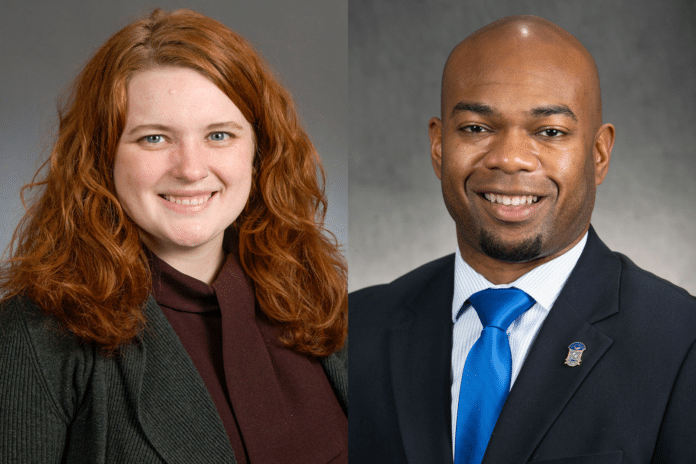Proposed legislation in the Minnesota House of Representatives would require ethnic studies and “climate justice” education in all schools.
State House Democrats introduced two bills this month on the matter, HF 3434 and HF 550. The former is the ethnic studies bill, the latter the “climate justice” bill.
HF 3434 calls for students who begin the ninth grade in the 2024-25 school year and later to “successfully complete a semester-long ethnic studies course to graduate from high school.” The following school year, 2025-26, ethnic studies must also be taught in elementary, middle, and charter schools.
“Ethnic studies analyzes the ways in which race and racism have been and continue to be powerful social, cultural, and political forces, and the connection of race to other groups of stratification, including gender, class, sexuality, and legal status,” the bill states.
The bill would require the Department of Education to hire “dedicated ethnic studies staff” and develop “a model ethnic studies curriculum” for school districts to use. This model curriculum would have to include “a power, race, class, and gender analysis” and “an intersectional analysis of climate, health, food, housing, education, and policy.”
Other states such as California have pushed for teaching ethnic studies in public schools. Manuel Rustin, a high school teacher in Pasadena, helped draft the state’s “Ethnic Studies Model Curriculum.”
“Ethnic studies without critical race theory is not ethnic studies. It would be like a science class without the scientific method then. There is no critical analysis of systems of power and experiences of these marginalized groups without critical race theory,” he said.
If passed, HF 550 would approve “climate justice instruction” in grades 1-12. The bill was first introduced last year but failed to advance out of the committee process.
“Climate justice means a framework that puts people first and views the effects of climate change as interconnected with forms of oppression connecting climate change to social and economic justice issues,” the bill reads. “School districts and charter schools are required to provide climate justice instruction for students in grades 1 through 12 aligned with current scientific research and integrated into existing programs, curriculum, or the general school environment of a district or charter school.”
The House Education Policy Committee held a virtual meeting on the proposed legislation Wednesday.
Rep. Sydney Jordan of Minneapolis, the primary author of HF 550, claimed high school students came up with the concept and a draft of the bill. She added that they even “recruited” other Democratic representatives to co-author it.
“[They] will be here to explain and testify as to why they feel climate justice education is so critical to their future,” Jordan said.
Rep. Cedrick Frazier of New Hope, the primary author of HF 3434, said the bill would “ensure all Minnesota students have access to ethnic studies.”
Later in the committee meeting, the Department of Education’s director of government relations, Adosh Unni, made it clear the department fully supports the ethnic studies bill.
“All students should have the education opportunities that truly value who they are, who their community is, what contributions they have made to this state and country,” he said. “Students deserve to see themselves reflected in the education they receive.”
WATCH:

















